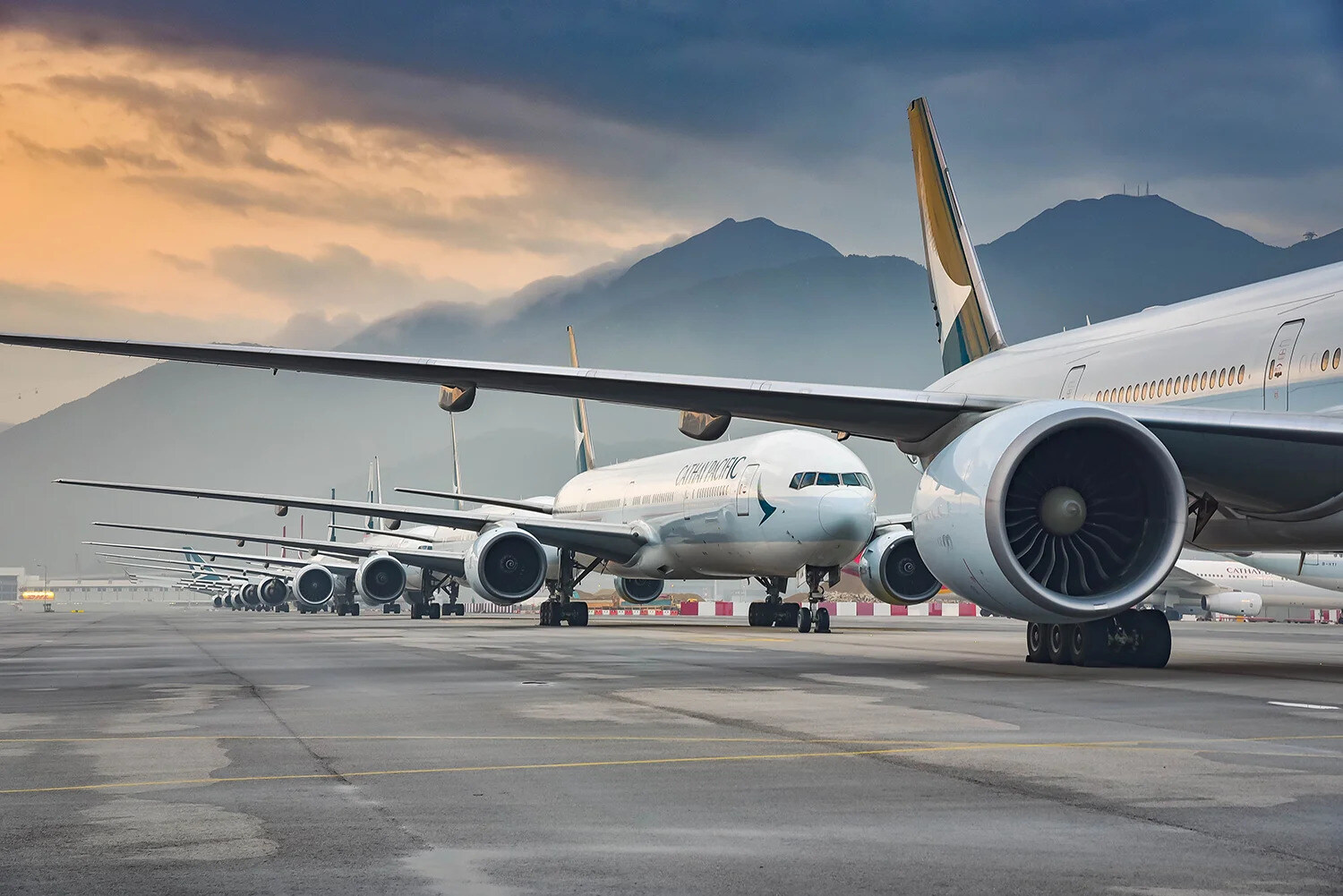
Ever wondered what’s happening in the airline industry? From groundbreaking technologies to unexpected challenges, the airline industry is always buzzing with activity. Airline industry news keeps travelers, aviation enthusiasts, and professionals updated on the latest trends, innovations, and regulations. Whether it's new routes, eco-friendly initiatives, or changes in passenger policies, staying informed can make your travel experience smoother and more enjoyable. Did you know that airlines are investing heavily in sustainable aviation fuels to reduce their carbon footprint? Or that biometric boarding is becoming more common, speeding up the boarding process? Let's dive into some intriguing facts about the airline industry that you might not know but definitely should!
Key Takeaways:
- The airline industry has come a long way from propeller planes to supersonic jets, shaping the way we travel and connect with the world.
- Technology and economics play a crucial role in the airline industry, from in-flight Wi-Fi to fuel costs, impacting how we fly and experience air travel.
The Evolution of the Airline Industry
The airline industry has undergone significant changes over the years. From the early days of propeller planes to the modern era of jet engines, the industry has seen remarkable advancements. Here are some fascinating facts about the evolution of the airline industry.
-
The first commercial flight took place on January 1, 1914. It flew from St. Petersburg, Florida, to Tampa, Florida, covering a distance of 21 miles in 23 minutes.
-
The Boeing 707, introduced in 1958, revolutionized air travel. It was the first successful commercial jetliner, making long-distance travel faster and more accessible.
-
Concorde, the supersonic passenger jet, could fly from New York to London in under three hours. It began service in 1976 but was retired in 2003 due to high operating costs and safety concerns.
-
The Airbus A380, the world's largest passenger airliner, made its first flight in 2005. It can carry up to 853 passengers in an all-economy class configuration.
Technological Advancements in Aviation
Technology has played a crucial role in shaping the airline industry. Innovations in aircraft design, navigation systems, and passenger services have made air travel safer and more efficient.
-
Modern aircraft are equipped with advanced avionics systems. These systems include GPS, autopilot, and weather radar, which help pilots navigate and ensure passenger safety.
-
The introduction of in-flight Wi-Fi has transformed the passenger experience. Travelers can now stay connected, work, or stream entertainment while flying.
-
Electric and hybrid aircraft are being developed to reduce carbon emissions. Companies like Airbus and Boeing are investing in sustainable aviation technologies to create a greener future.
Airline Industry Economics
The economics of the airline industry are complex and influenced by various factors, including fuel prices, labor costs, and global events. Understanding these economic aspects provides insight into the industry's challenges and opportunities.
-
Fuel costs account for a significant portion of an airline's operating expenses. Fluctuations in oil prices can greatly impact profitability.
-
The airline industry is highly competitive, with low-cost carriers (LCCs) challenging traditional airlines. LCCs offer lower fares by minimizing services and operating costs.
-
Global events, such as the COVID-19 pandemic, have a profound impact on the airline industry. Travel restrictions and reduced demand led to massive financial losses and forced airlines to adapt quickly.
The Final Takeaway on Airline Industry News
Airline industry news is always evolving, and staying updated is crucial. From technological advancements to changes in regulations, there's always something new. Airlines constantly adapt to meet passenger needs, improve safety, and enhance the travel experience. Understanding these changes helps travelers make informed decisions and appreciate the complexities of air travel.
Keeping an eye on industry trends can also reveal opportunities for better deals, more efficient travel, and even career prospects in aviation. Whether you're a frequent flyer or just curious, staying informed about airline industry news is beneficial. It provides insights into how airlines operate and the factors influencing your travel experience.
So, next time you book a flight or hear about a new airline policy, you'll have a better grasp of the bigger picture. Happy flying!
Frequently Asked Questions
Was this page helpful?
Our commitment to delivering trustworthy and engaging content is at the heart of what we do. Each fact on our site is contributed by real users like you, bringing a wealth of diverse insights and information. To ensure the highest standards of accuracy and reliability, our dedicated editors meticulously review each submission. This process guarantees that the facts we share are not only fascinating but also credible. Trust in our commitment to quality and authenticity as you explore and learn with us.


